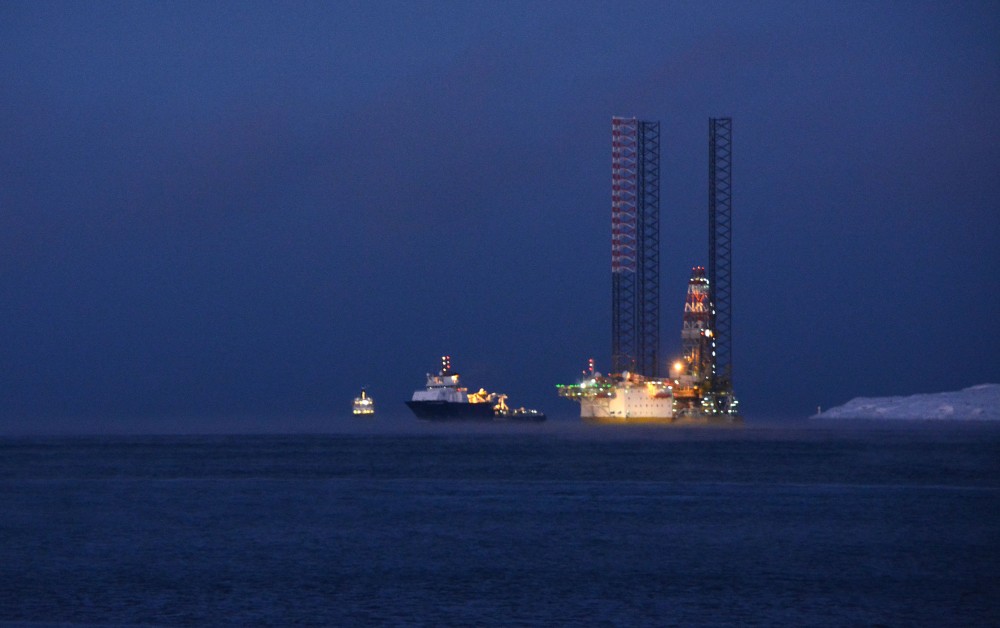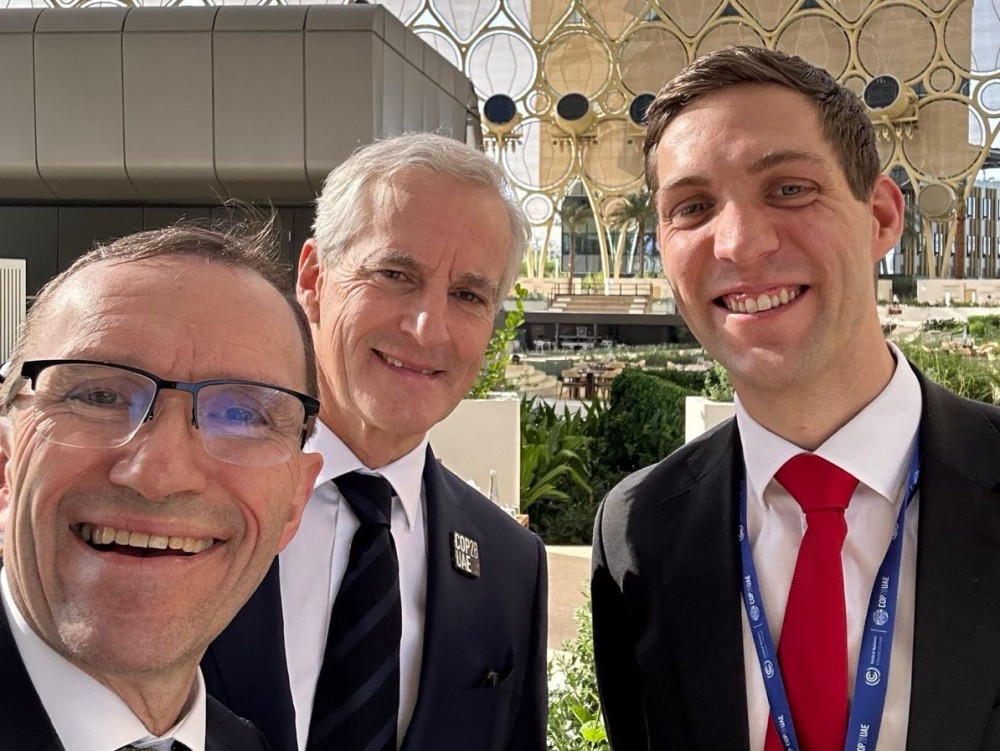Oslo approves new Barents Sea drilling
As its climate negotiators push for emission cuts at UN climate talks, Norway grants new licenses to explore for oil and gas

On the 8th day of the UN Climate Conference, the Norwegian Petroleum Directorate approved a new round of oil drilling in the Barents Sea.
“The objective with this year’s climate conference is to reduce the global emissions and speed up energy transition,” Norwegian Prime Minister Jonas Gahr Støre said as he arrived to Dubai, the host city for the COP28.
“We experience the warmest year ever and see the clear effects of climate change. For us, the most important task in Dubai is to set the world on the track of the target to limit global warming to 1,5 degrees,” he underlined in a statement, and added that “Norway has an important role in the drive towards global transition.”
But the words of the government leader notwithstanding, Norway has an increasingly ambiguous reputation at the international talks. Despite its lofty climate ambitions, the oil-rich country continues to expand drilling and openly underlines that it wants to “further develop the petroleum sector.”

Symptomatically, as the Norwegian delegation talked emission cuts and energy transition in Dubai, the country’s Petroleum Directorate approved the drilling of another well in the Barents Sea.
The drilling will be conducted in a license area controlled by oil company Vår Energi. The area is located at 72 degrees North and the well will be spud by semisubmersible rig Transocean Enabler.
The oil industry considers the license area highly prospective. It is located adjacent the Johan Castberg area where state company Equinor currently is in the process of developing one of the country’s biggest new projects.
A new discovery by Vår Energi could add resources to the Castberg project and will allow the developers to build joint infrastructure solutions.
Environmentalists argue that Norway is a representative of climate hypocrisy. On the 7th of December, Greenpeace Nordic and Natur og Ungdom (Young Friends of the Earth Norway) finished its trial against the Norwegian government.
The environmental organisations argue that recent approvals of three oil fields violate the Norwegian constitution and Norway’s international human rights commitments.
According to the organisations, the Norwegian government does not contest the effects of the climate crisis but argues that Norwegian oil and gas has a positive net effect on the climate.
“It is painful to be in court and witness the state claiming to support climate science, while in the next breath asserting that Norwegian oil fields are ‘saving’ the climate. It is a bizarre, hypocritical line of argument. This is now in the hands of the judge and we are optimistic about the upcoming judgement,” Frode Pleym, Head of Greenpeace Norway, says in a statement.
The lawsuit is the second of its kind against the Norwegian government. In 2016, the organizations sued the Norwegian state for the opening of new oil drilling in the Barents Sea through the 23rd licensing round. In December 2020, the country’s Supreme Court decided in favour of the state. The court decision says that the drilling is not a violation of the country’s Constitution’s § 112.
The Article is aimed to ensure the State has an obligation to take measures guaranteeing the citizen’s rights to a secure climate, including for the coming generations.
Located in Kirkenes, Norway, just a few kilometres from the borders to Russia and Finland, the Barents Observer is dedicated to cross-border journalism in Scandinavia, Russia and the wider Arctic.
As a non-profit stock company that is fully owned by its reporters, its editorial decisions are free of regional, national or private-sector influence. It has been a partner to ABJ and its predecessors since 2016.